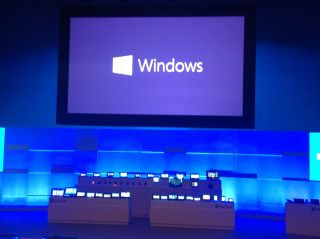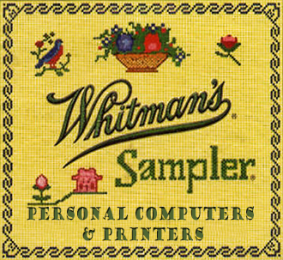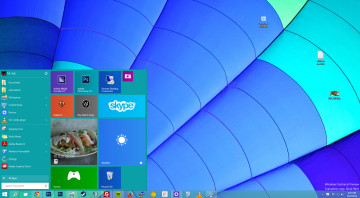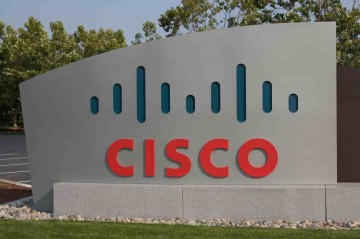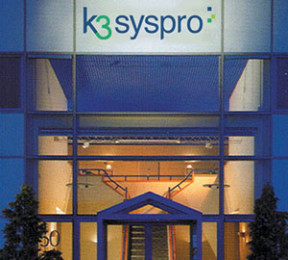 The “online computer tech support model” is starting to look rather shaky after one of the big names, EZ Tech Support shut down.
The “online computer tech support model” is starting to look rather shaky after one of the big names, EZ Tech Support shut down.
EZ Tech Support, based in Portland, Oregon, was hardly a good role model for the industry. It flooded the interwebs with advertising which claimed their computers had possible security and performance problems. The programmes implored people to call the company’s number, which was displayed amid warnings.
However this week the company stopped taking calls earlier this week, its general manager, Gavynn Wells, said he was no longer worked there and was “unclear as to the direction the company will be going into.”
The company is two pay periods behind in payroll, and rumours are the company’s funds had been frozen, the former employee said.
EZ Tech Support was doing rather well and it routinely took in $25,000 to $30,000 every two weeks in revenue. One former employee said call centre agents were pushed to generate $750 in sales a day.
The company started business last October in an older building in northeast Portland. It sold a perpetual license for a security program called Defender Pro Antirvirus for $300 and one-time fix service starting at $250.
With callers’ permission, EZ Tech Support agents installed a remote access program on their computers. Agents then installed a free application called Webroot Analyzer, a legitimate application that flags possible problems on a computer.
The items highlighted by Webroot’s Analyzer — even if the issues had no material effect on a computer — were used to convince people they needed to buy Defender Pro.
The US Federal Trade Commission filed two lawsuits in November against an assortment of mostly Florida-based companies that allegedly conned consumers out of $120 million using deceptive sales tactics to sell ineffective software and unneeded support services. Some of those companies had business models similar to that of EZ Tech Support, although that outfit was not named.





